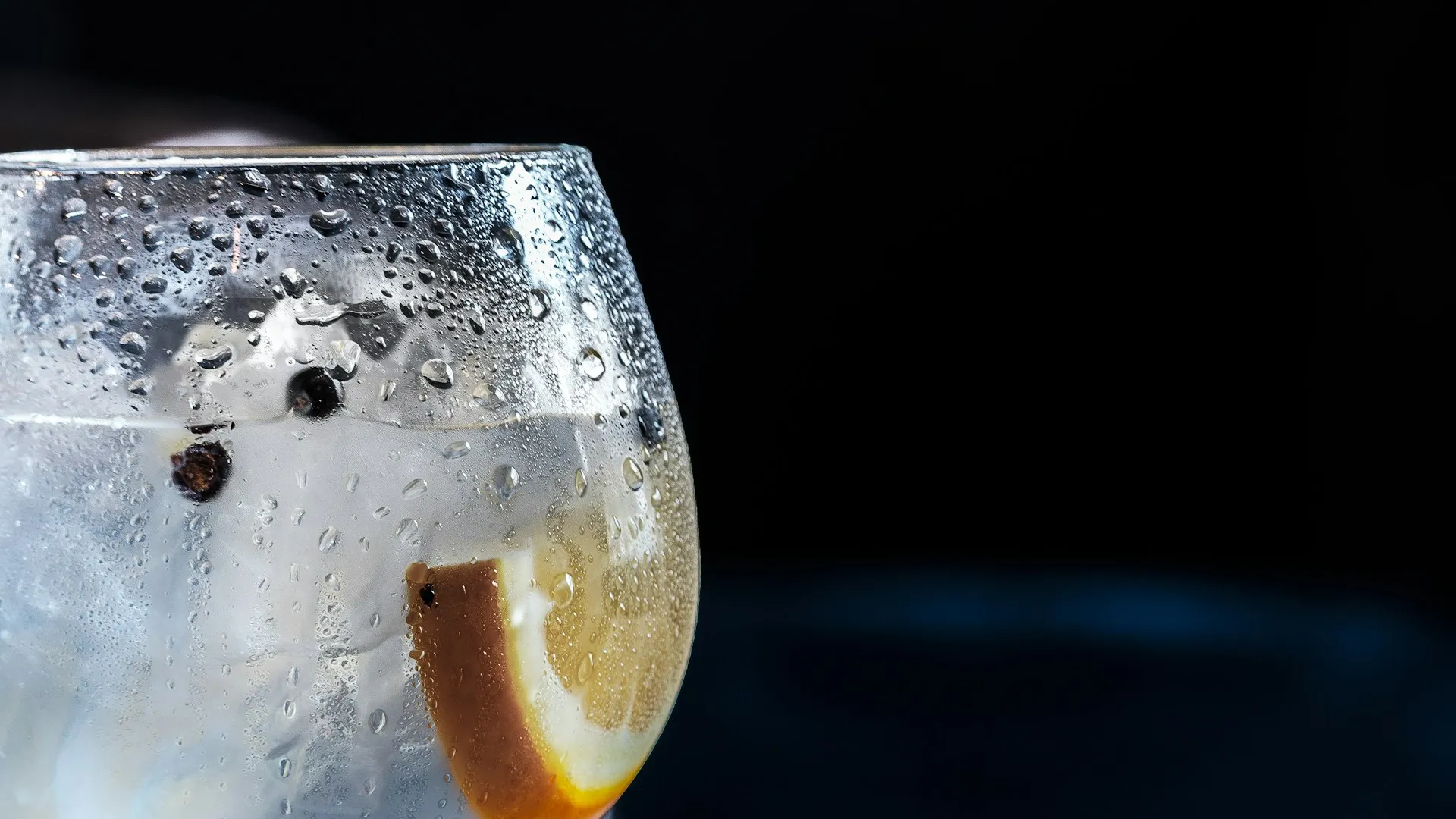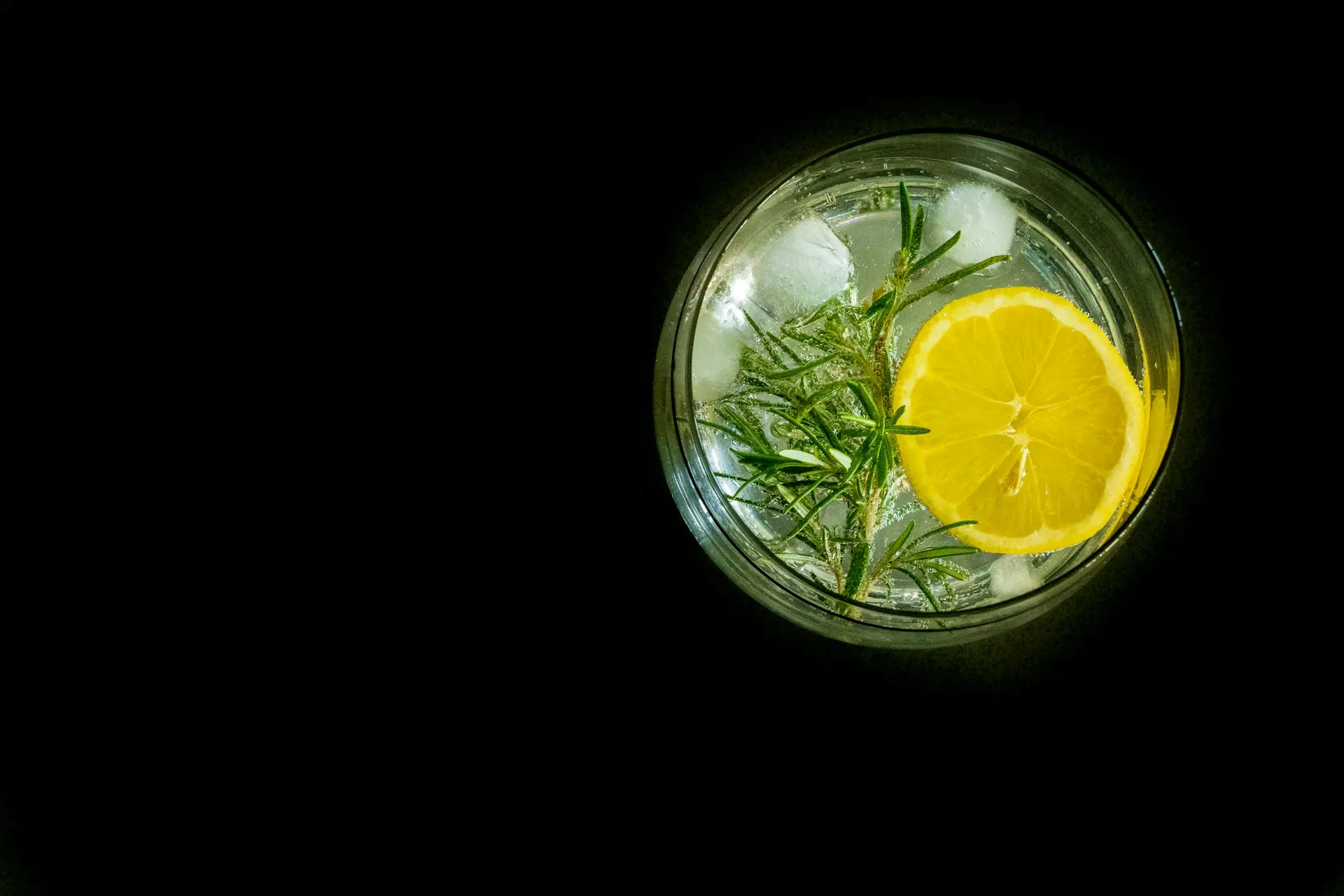Water is necessary for life, and research shows that most adults need between 11 and 16 cups daily.1 Some people need help to meet those recommendations with beverages besides regular water.
Seltzer water, another name for carbonated water, is a good option for helping you meet your fluid needs and stay hydrated. Many types of carbonated water are available–some with added sugars and some without. Consuming too much seltzer water with added sugars can harm your health.2
Keep reading to learn more about seltzer water, its effects on the body, and its pros and cons.
{{mid-cta}}
Seltzer Water: The Basics
Let’s start with the definition of seltzer water. Seltzer water is tap or plain water that has been filtrated and artificially carbonated with carbon dioxide, classifying it as a type of carbonated water. Carbonation provides the fizzy mouthfeel in seltzer water.3
Natural fruit essences and oils are sometimes added, like the popular drinks La Croix or Spindrift. Seltzer water doesn’t usually contain minerals, so it tastes plain.4
Other types of carbonated water exist besides seltzer water–club soda, sparkling water, mineral water, soda water, and tonic water. There are slight differences between each.
Club soda is carbonated with carbon dioxide like seltzer water, but also has minerals added to it for flavor, like the brands Canada Dry and Seagram’s. Minerals include sodium bicarbonate, sodium citrate, and disodium phosphate.4
Sparkling water uses naturally derived minerals that are dissolved into the water. Each brand uses different proportions of minerals for a slightly different taste. Some popular brands include Topo Chico and Perrier.4
Lastly, tonic water is seltzer water with quinine, sugar, or another sweetener to offset the bitter taste of quinine. Quinine has been used throughout history to prevent malaria and eventually became a drink. Brands include Canada Dry and Schweppes.4
Seltzer water is plain-tasting carbonated water with no added minerals.
Seltzer Water: Is It Bad for You?

Seltzer water is not bad for you; it hydrates like regular water. However, depending on the water source, it may lack fluoride. Tap water contains added fluoride, which helps prevent dental cavities.5
If most of your fluid intake is from seltzer water, which is not made with tap water, you may need more fluoride to prevent cavities, resulting in poor dental health.
Additionally, check the nutrition label for any added sugar in your seltzer water, and avoid those with added sugar.
Sugar-sweetened beverages make up most of Americans' added sugar intake. Frequently drinking sugar-sweetened beverages is associated with weight gain, obesity, type 2 diabetes, heart disease, kidney disease, tooth decay, and cavities.2
One common misconception is that seltzer water negatively impacts bone health due to its high acid content; however, research suggests this is not entirely true. A 2006 study of over 2,500 individuals found that cola (coke) was the only beverage associated with significantly lower bone mineral density, and carbonated water appeared to have no effect on bone health.15
<p class="pro-tip"><strong>Also Read: </strong><a href=benefits-of-electrolyte-water>Top Health Benefits of Electrolyte Water</a>.</p>
Pros and Cons of Seltzer Water
Here are some pros and cons of drinking seltzer water to help you decide if it is right for you.
Pros
- Increased Hydration
If you struggle to drink enough water daily or do not like the taste of still water, consuming no-added-sugar seltzer water can help you reach optimal body water intake. The fizz or bubbles can also add some variety to your beverages.
- Feeling of Fullness
Carbonated water may make you feel fuller, preventing unnecessary snacking and mindless eating.
Small studies have found that some people consuming carbonated waters reported feeling increased fullness and less hunger sensations.6
- Digestive Aid
Research finds various effects of carbonated water on the digestive system.
A small study found that carbonated water assists in belching for individuals whose bodies struggle to belch and release uncomfortable pressure in the stomach.7
Another study on 21 patients with indigestion and constipation found carbonated water helped both conditions.8
Interestingly, this study found increased hunger after intake after drinking carbonated beverages, in contrast to the other study that reported increased fullness.6, 8
- Helps With Low Blood Pressure
Water drinking treats orthostatic hypotension, or the sudden drop in blood pressure when a person moves from sitting to standing.9
A study compared room-temperature water intake, cold water intake, and cold, carbonated water intake and their effect on blood pressure in young and older adults with orthostatic hypotension.9
Cold and cold, carbonated water increased blood pressure effectively in both ages. The effect was more pronounced with cold, carbonated water.9
Cons
- Potential Tooth Enamel Damage
Due to the formation of carbonic acid, many seltzer waters have a lower pH level (between 3 and 5) than still water. A pH of less than 4 in the human mouth can start to erode tooth enamel.
In vitro (or test tube) research found that flavored sparkling water caused less enamel softening than energy drinks and kombucha. However, kombucha contained fluoride, so the enamel-softening effect was lower.10
Older research from 2001 finds carbonated waters are slightly more erosive to tooth enamel than plain water but 100 times less erosive than sugar-sweetened carbonated sodas.11
Consuming excessive amounts of carbonated water, including seltzer, could damage tooth enamel.10, 11
- Hidden Sweeteners
Some seltzer waters and other carbonated waters contain added sugars or alternative sweeteners. Check the food label for any added sugars or artificial sweeteners.
Frequent intake of sugar-sweetened beverages is associated with many health conditions, including type 2 diabetes, heart disease, and weight gain.2
Artificial sweeteners do not contribute to added sugars but may be associated with insulin resistance, obesity, and unfavorable gut bacteria.12 Some people choose to limit or avoid these as well.
- Tooth Decay from Added Sugars
Added sugar intake, especially from beverages, is a primary predictor of tooth decay and cavities. Sugary beverages include energy drinks, diet sodas, fruit juices, and sugary carbonated waters.2, 13
Many carbonated waters do not contain added sugar, but always check the label.
- Gas and Bloating
The carbon dioxide found in seltzer water affects people differently. Some people find improved digestion with carbonated water intake, whereas others, especially people with gastrointestinal diseases like IBS, may find that seltzer water causes excessive gas and bloating.7, 8
Some research indicates that higher volumes (more than 10 ounces) of carbonated fluid lead to symptoms of gas and bloating.14
If you have a history of acid reflux or gastroesophageal reflux disease (GERD), you may want to limit your intake of seltzer water as the carbonation may worsen symptoms. Monitor your response to carbonated beverages and seltzer water and adjust your intake if needed.
How to Know if I’m Drinking Too Much Seltzer Water?

The research mentioned above shows that seltzer water and carbonated drinks affect people and health conditions differently.
The following symptoms indicate that you may be drinking too much seltzer water.
Some of these symptoms are from overhydration, which could be caused by drinking too much of any liquid.
- Excessive bloating or gas that’s uncomfortable
- Weaker tooth enamel (your dentist can let you know)
- Very clear urine caused by overhydration
- Frequent urination (more than every two or three hours)
- Lower or increased appetite compared to normal
What Is the Optimal Amount of Seltzer to Drink?
There are no set amounts of seltzer to drink daily. Plan to enjoy seltzer water in moderation.
Limiting yourself to one can (10 ounces) daily might be a wise guideline, as research shows that the carbonation above that level may cause increased bloating and gas, especially for people with reflux or gastrointestinal health conditions.14
If you notice changes in appetite (increased or lower) or tooth enamel, reduce your seltzer water intake and monitor how your body responds.
Choosing the Best Sparkling Water
Choose unsweetened seltzer or sparkling water for some variety in your beverage routine without the harmful effects of excess added sugar.
Seltzer and sparkling water are generally safe for most people and can help you meet optimal fluid intake. Health benefits include improved digestion, fullness, and an alternative option to treat orthostatic hypotension.
Listen to your body, including any signs of overconsumption, and then reduce intake if needed.
Using a CGM with Signos: Real-Time Data, Backed by AI
Signos pairs a real-time glucose biosensor with AI trained on tens of millions of data points to deliver personalized, science-backed guidance for weight management and health. See exactly how your body responds, and take action.
Learn how it works. Ready to get started? Join now.
<p class="pro-tip"><strong>Learn More: </strong><a href=flavored-water-good-for-you>Is Flavored Water Good for You and Your Metabolic Balance?</a>.</p>
Topics discussed in this article:
References
- https://pubmed.ncbi.nlm.nih.gov/35943601/
- https://www.cdc.gov/nutrition/data-statistics/sugar-sweetened-beverages-intake.html
- https://pubmed.ncbi.nlm.nih.gov/31756920/
- https://vinepair.com/articles/difference-club-soda-vs-seltzer-sparkling-tonic/
- https://www.ncbi.nlm.nih.gov/books/NBK587342/
- https://pubmed.ncbi.nlm.nih.gov/28757533/
- https://pubmed.ncbi.nlm.nih.gov/35122356/
- https://pubmed.ncbi.nlm.nih.gov/12352219/
- https://pubmed.ncbi.nlm.nih.gov/35095733/
- https://pubmed.ncbi.nlm.nih.gov/37358581/
- https://pubmed.ncbi.nlm.nih.gov/11556958/
- https://pubmed.ncbi.nlm.nih.gov/28507007/
- https://www.ncbi.nlm.nih.gov/pmc/articles/PMC8152378/
- https://pubmed.ncbi.nlm.nih.gov/19502016/
- https://pubmed.ncbi.nlm.nih.gov/17023723/




.svg)


.webp)



.webp)
.webp)


.svg)
.svg)
.svg)
.svg)
.svg)
.svg)
.svg)
